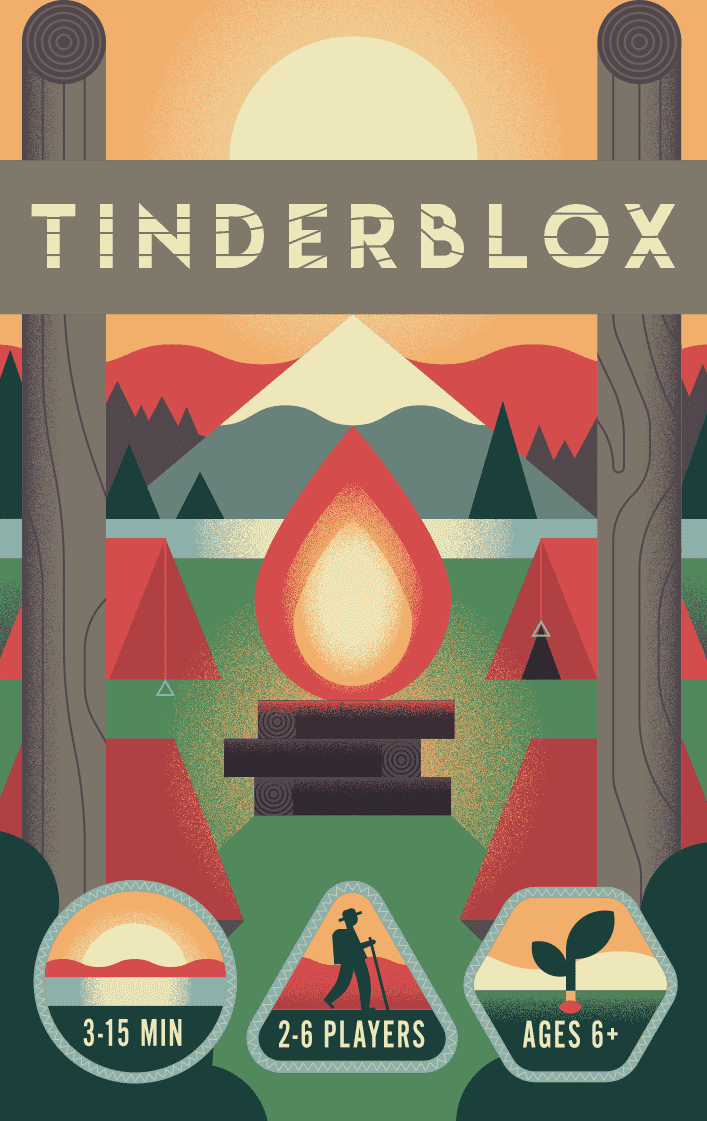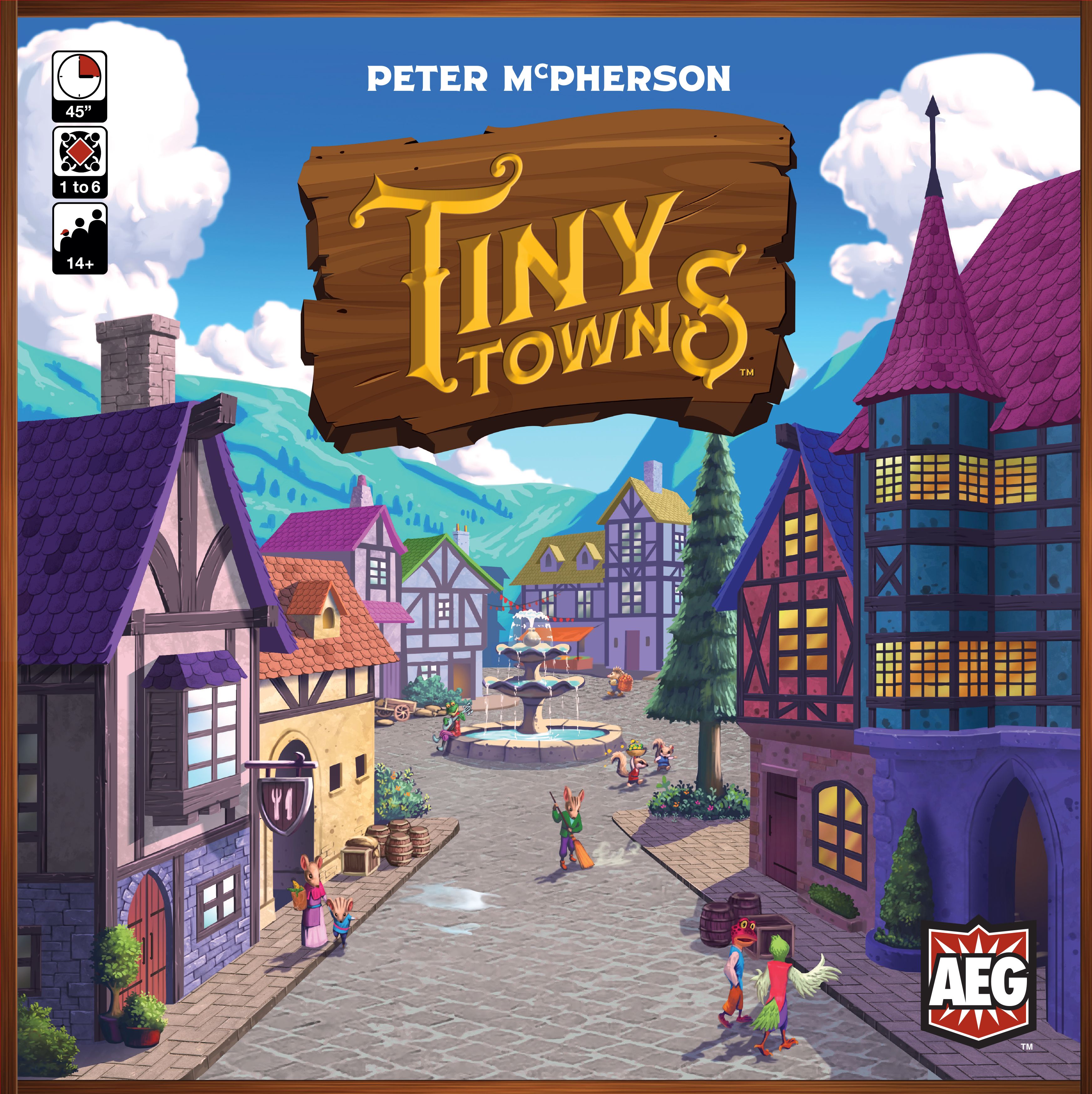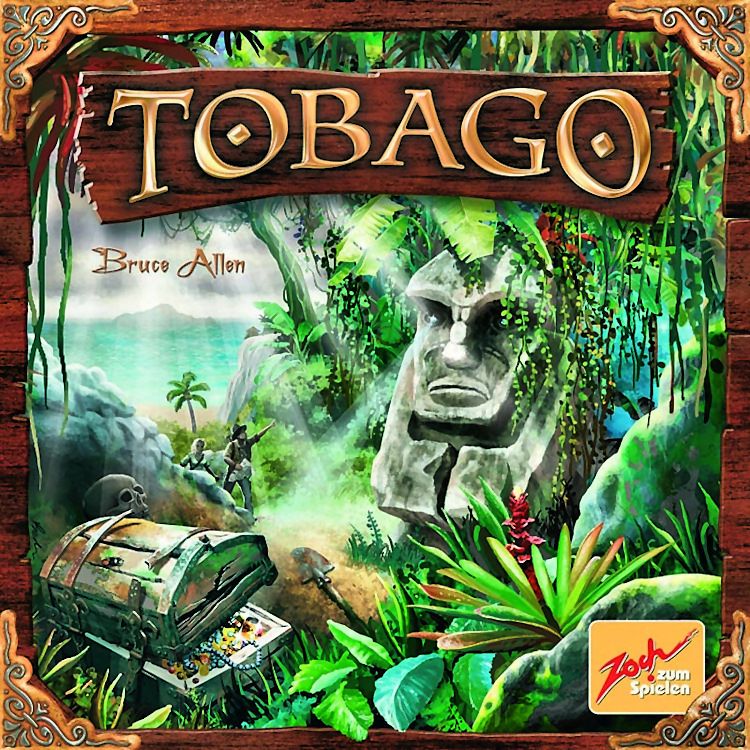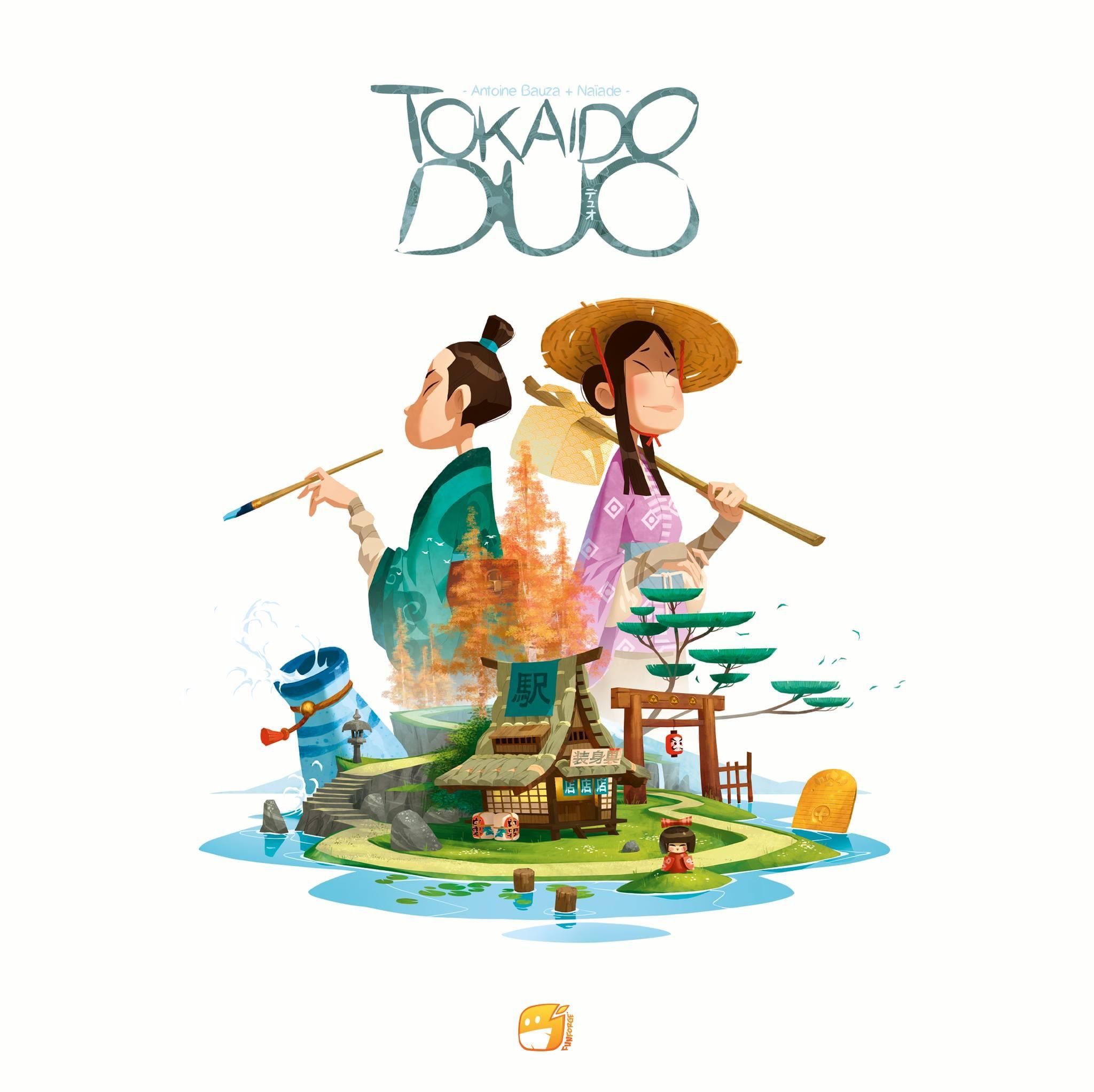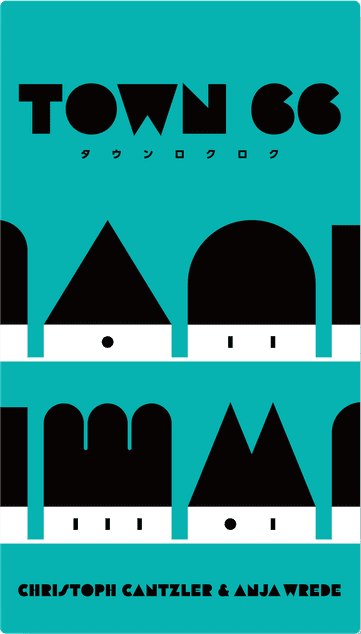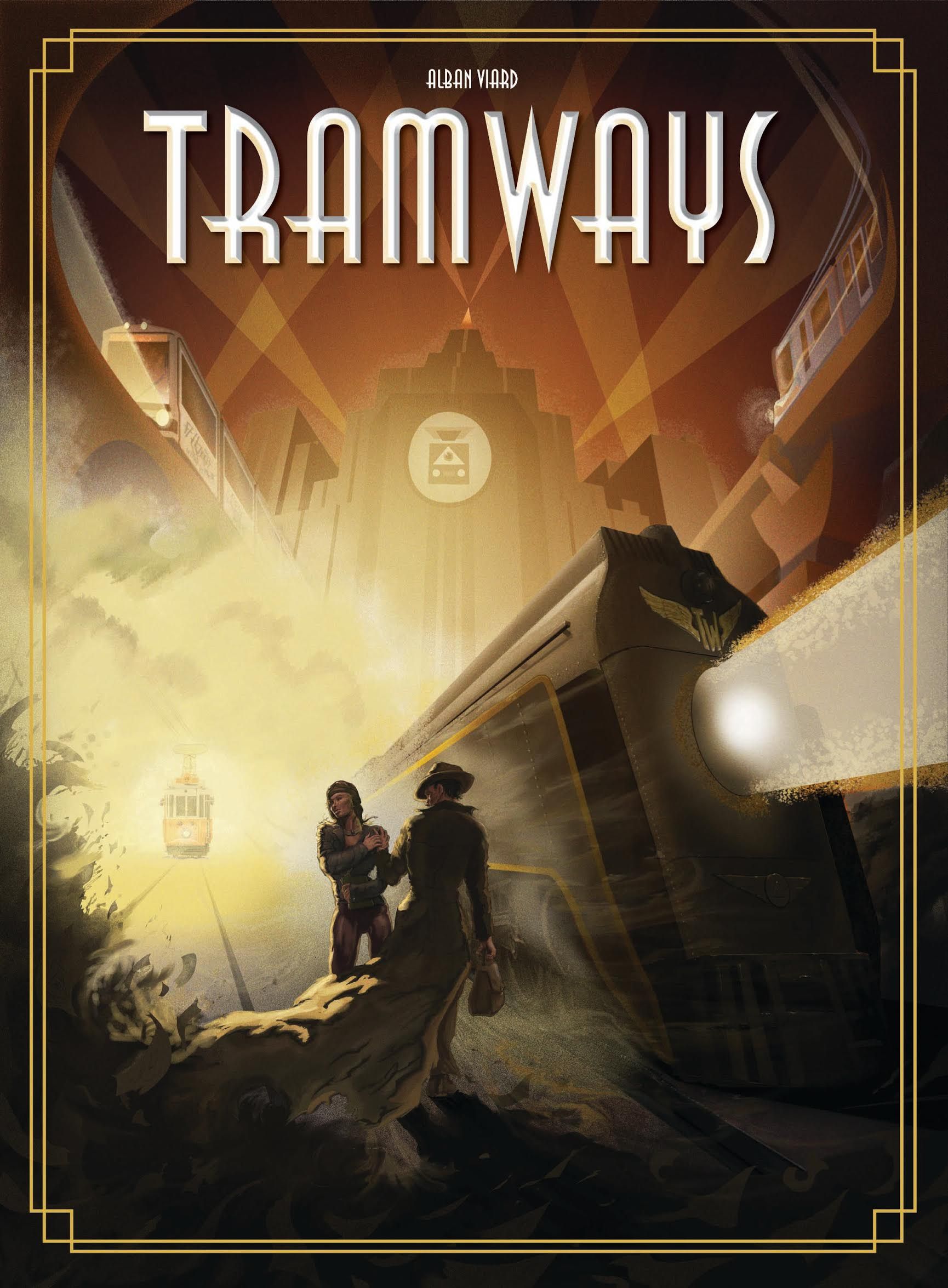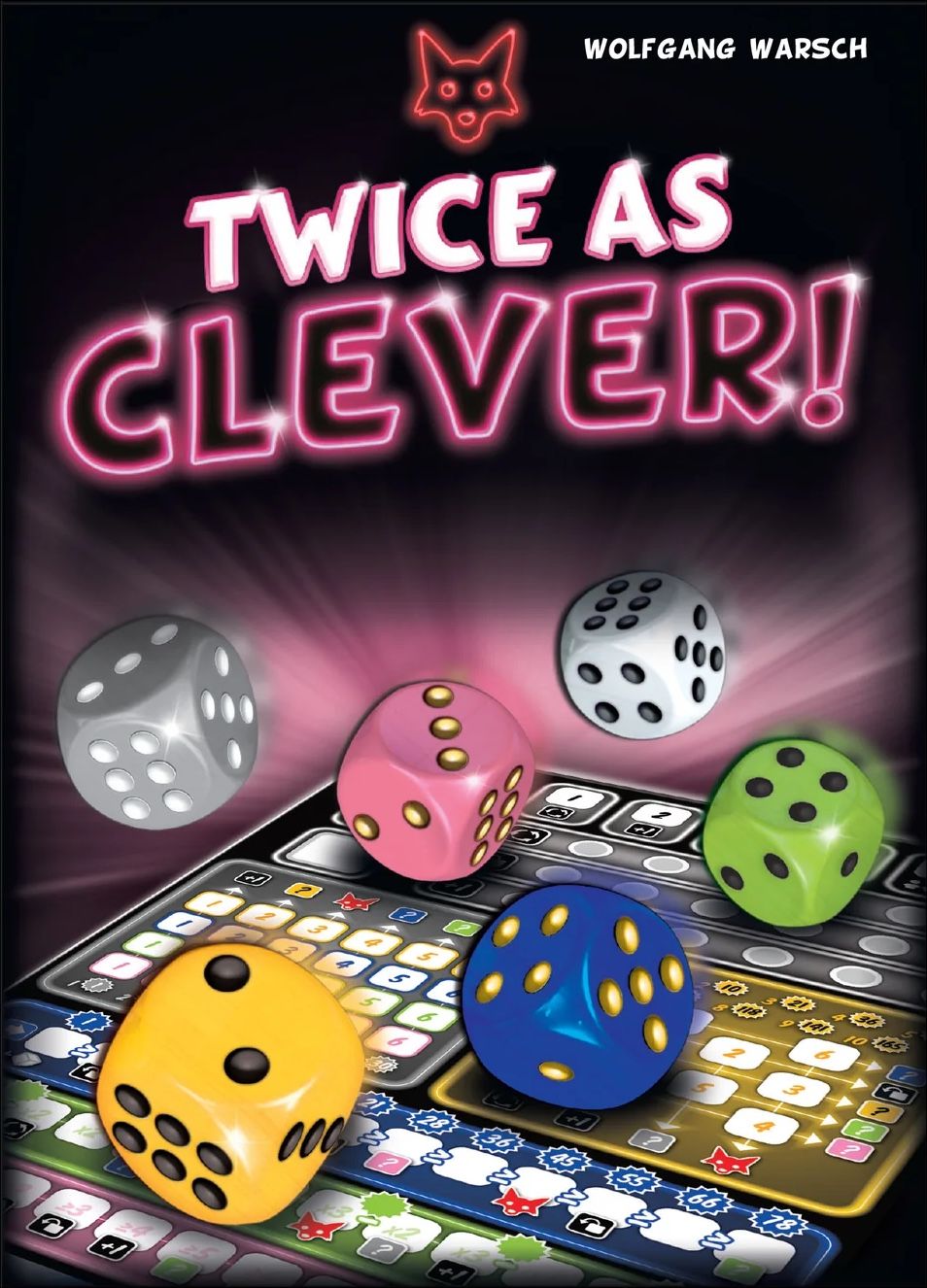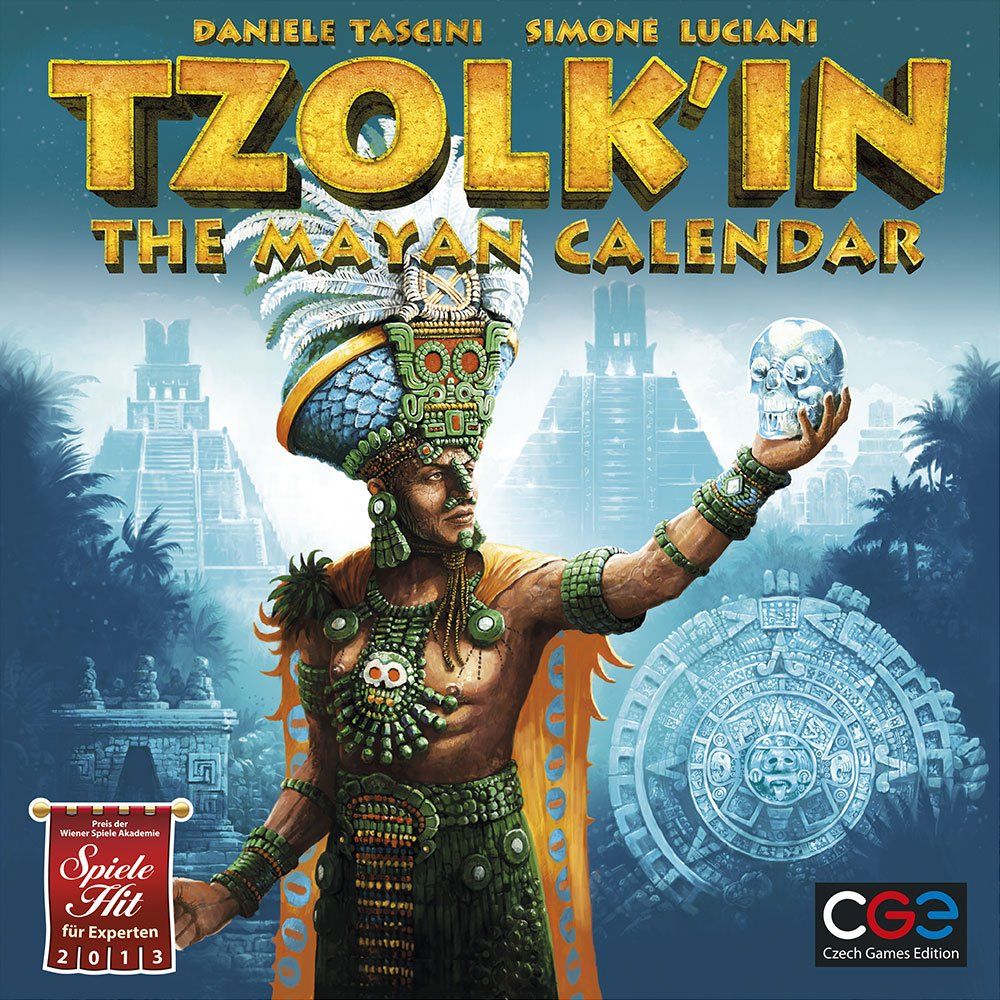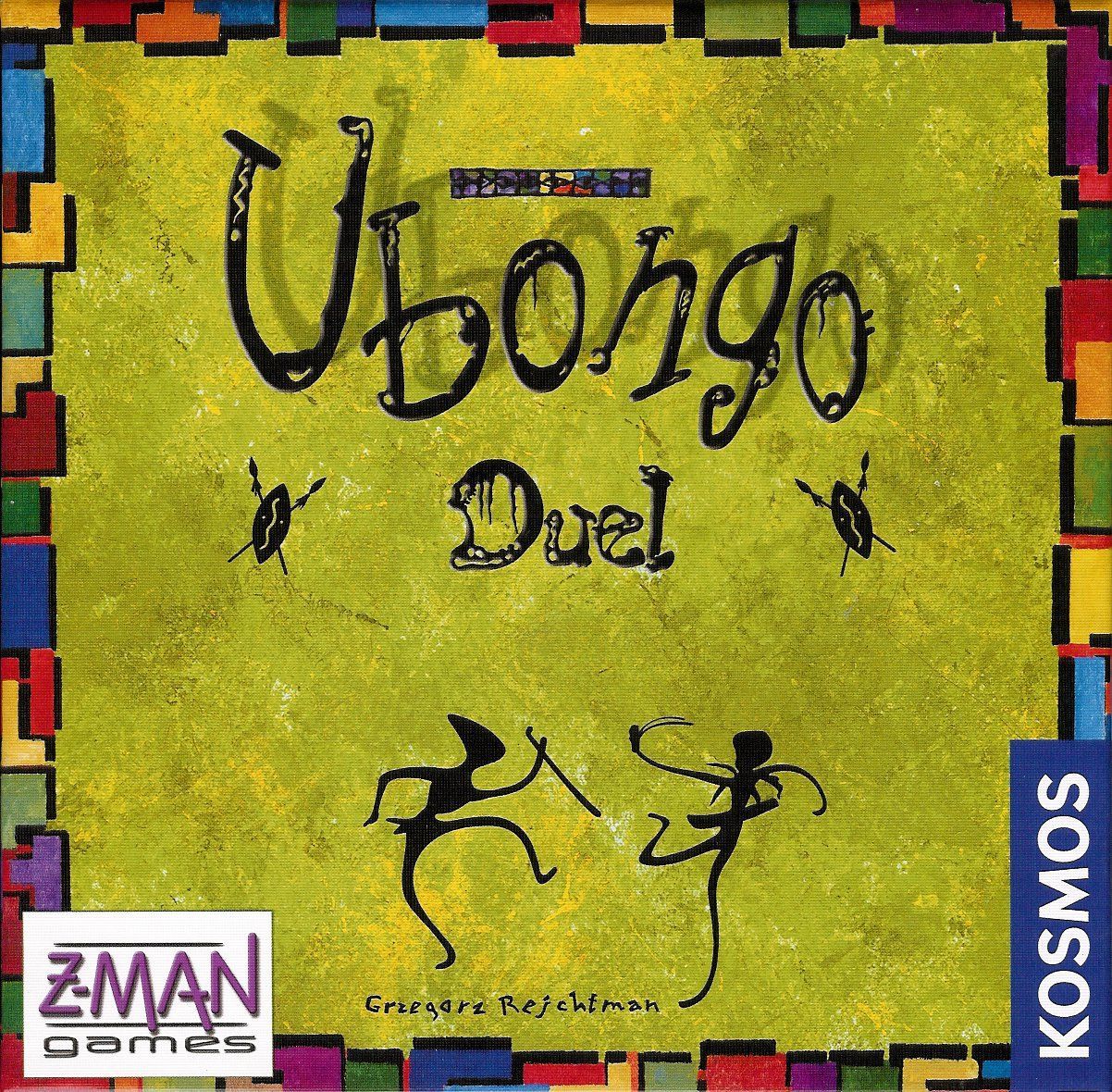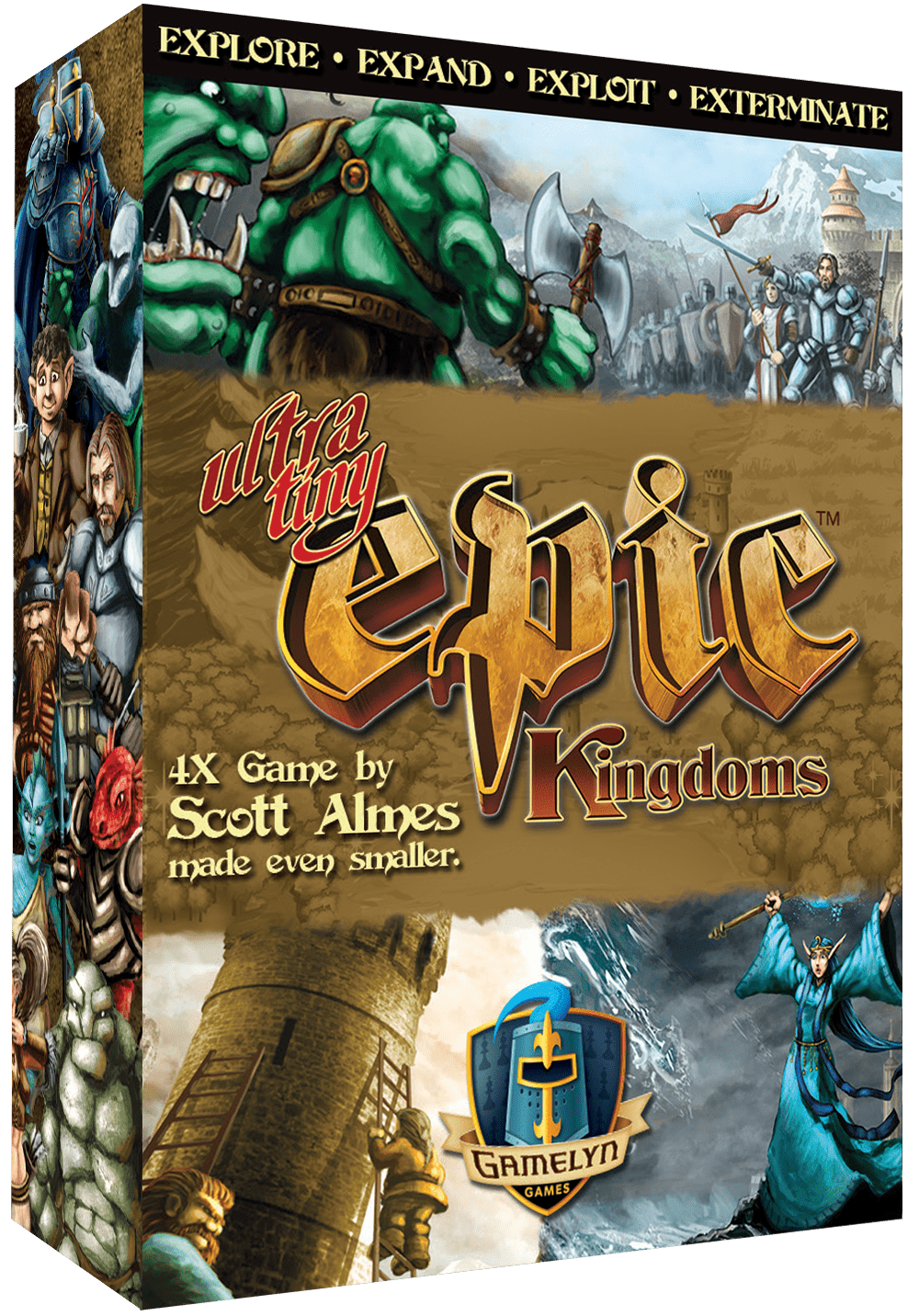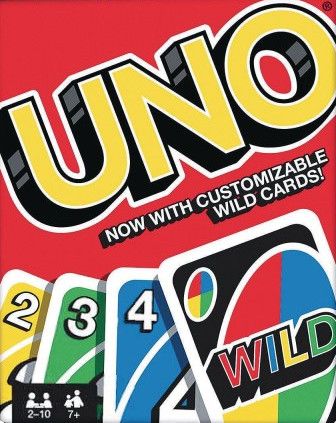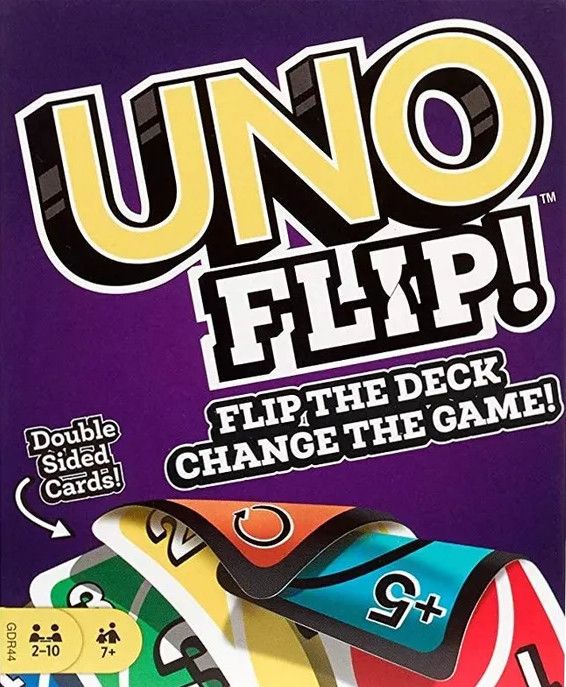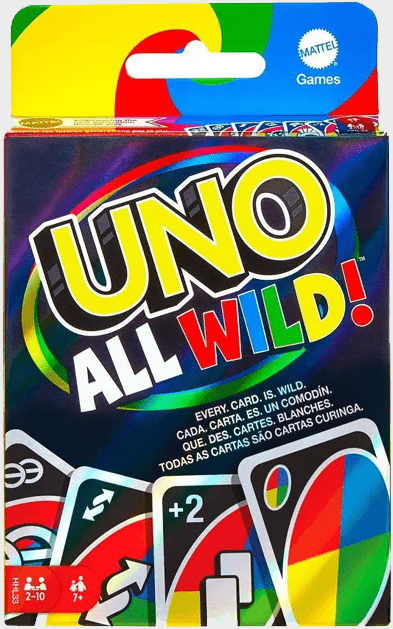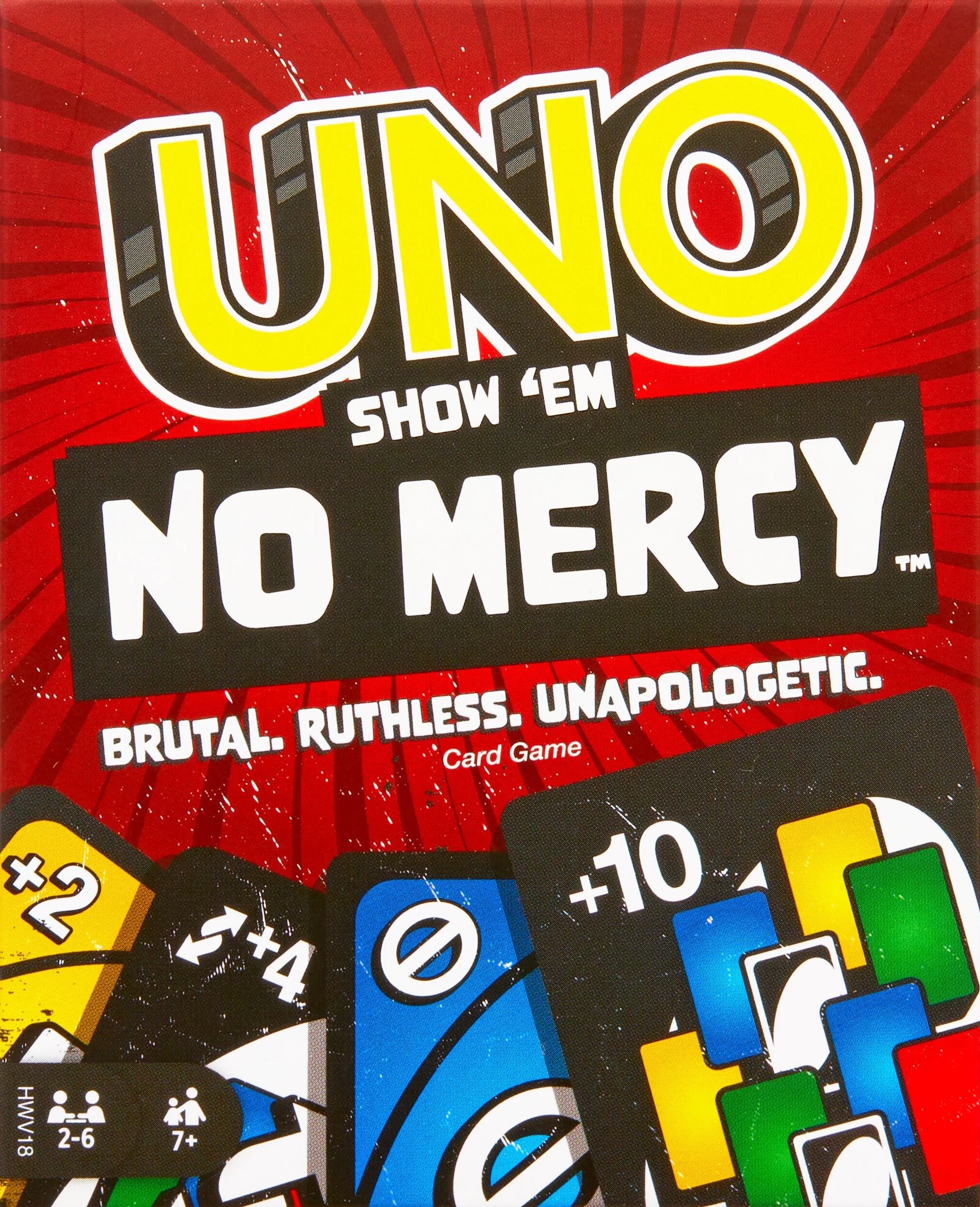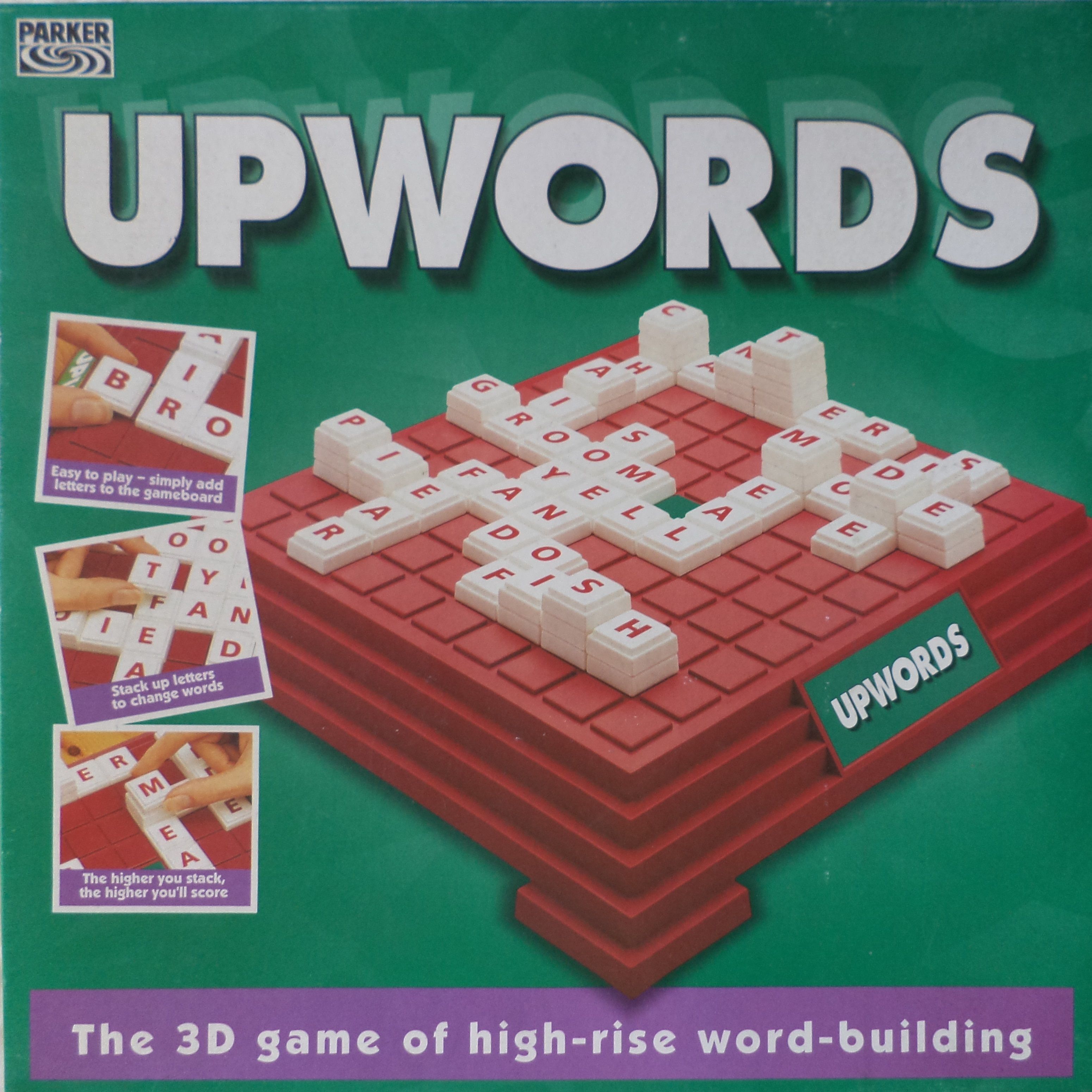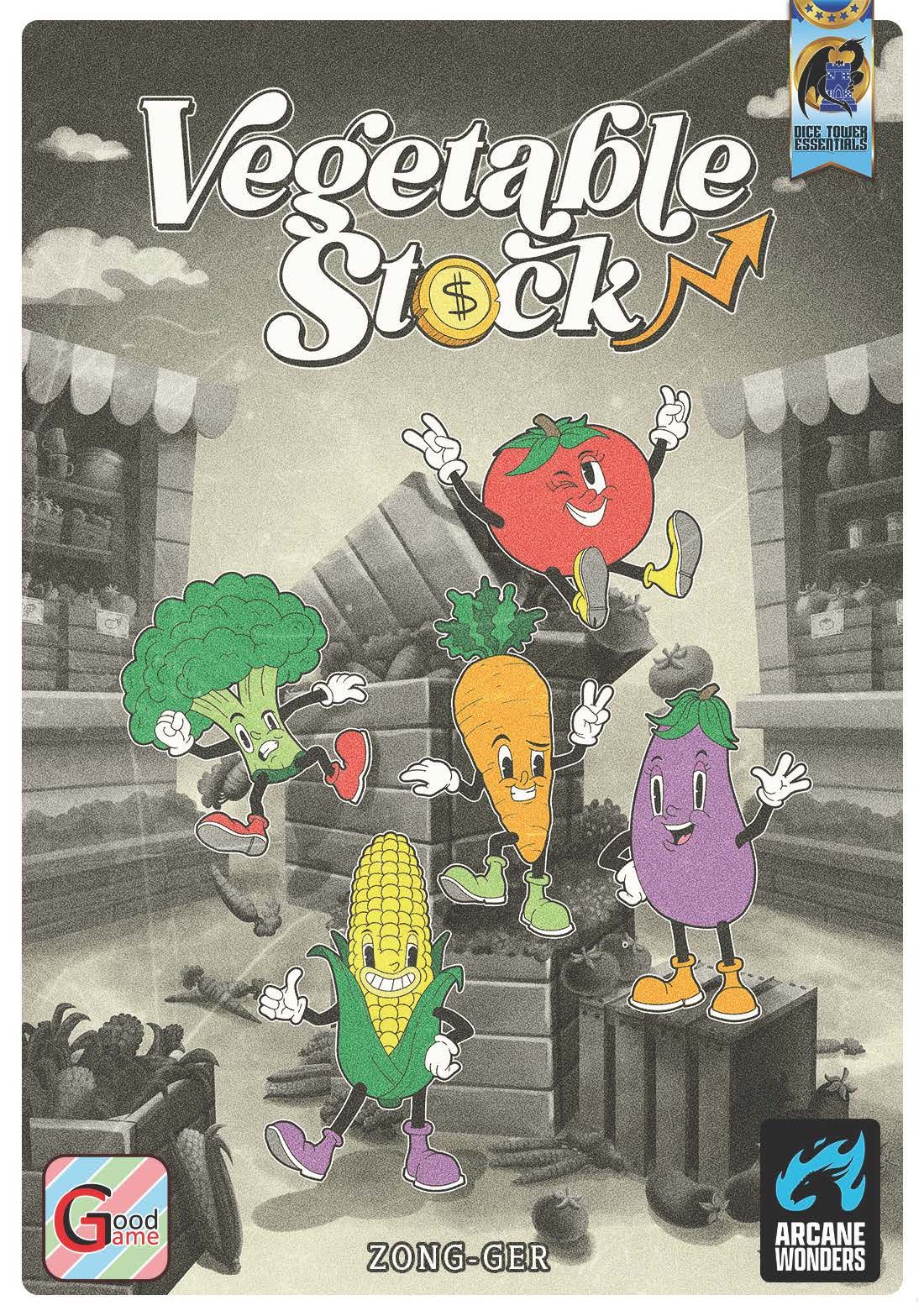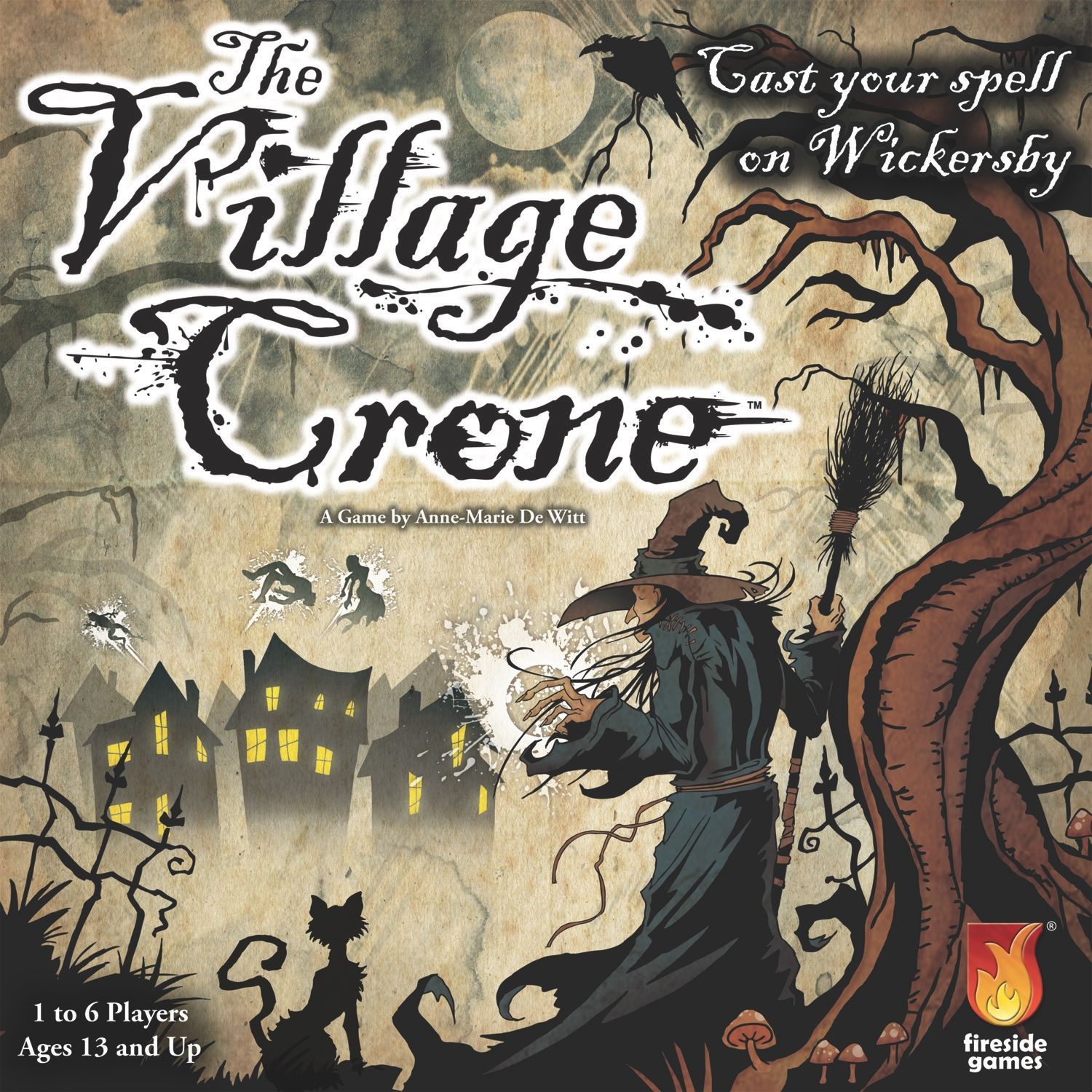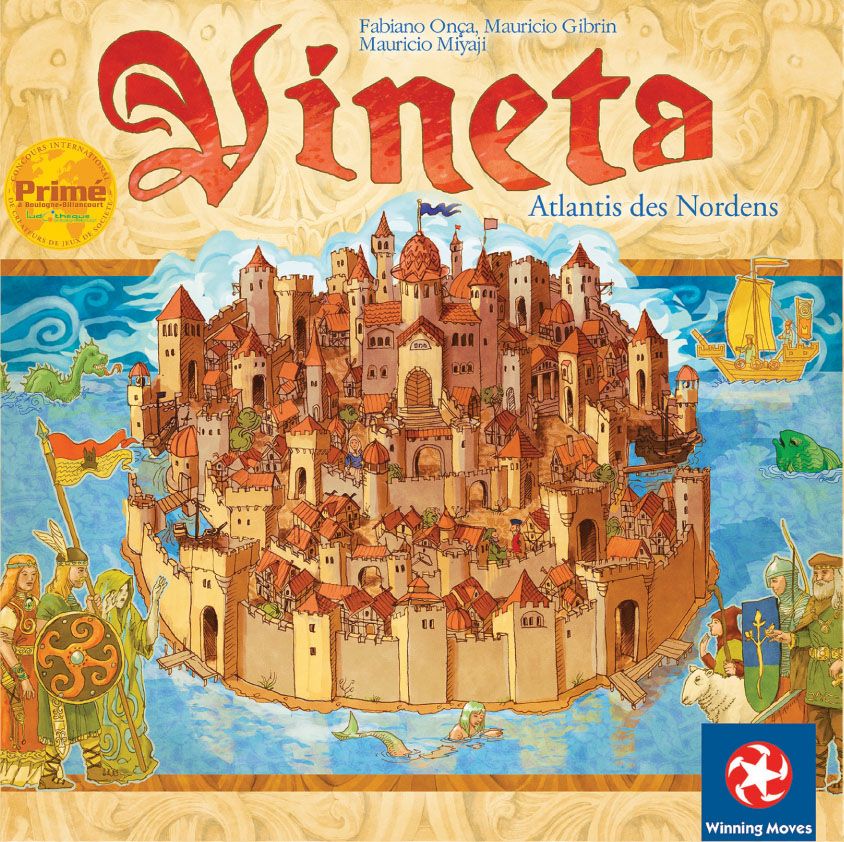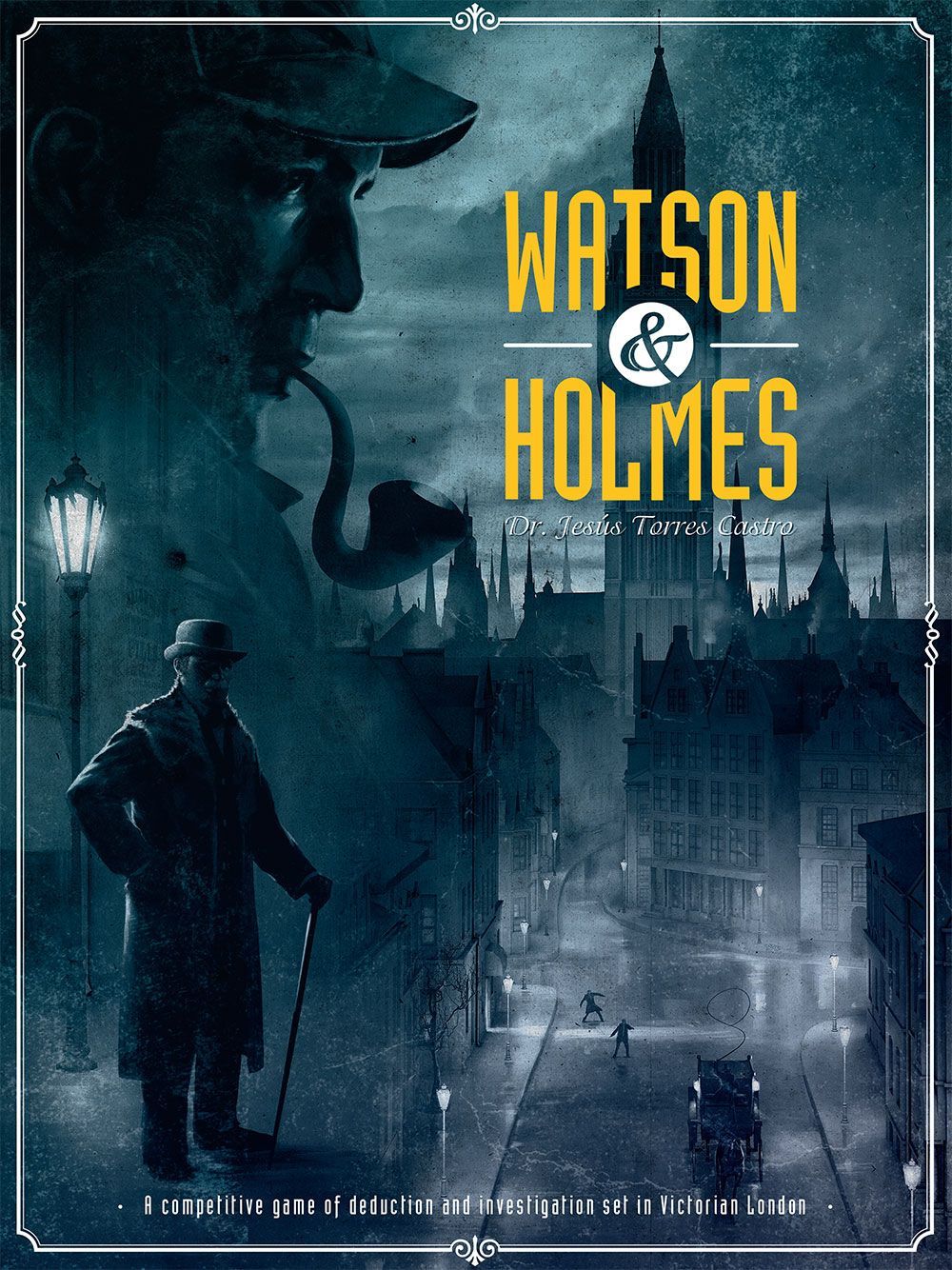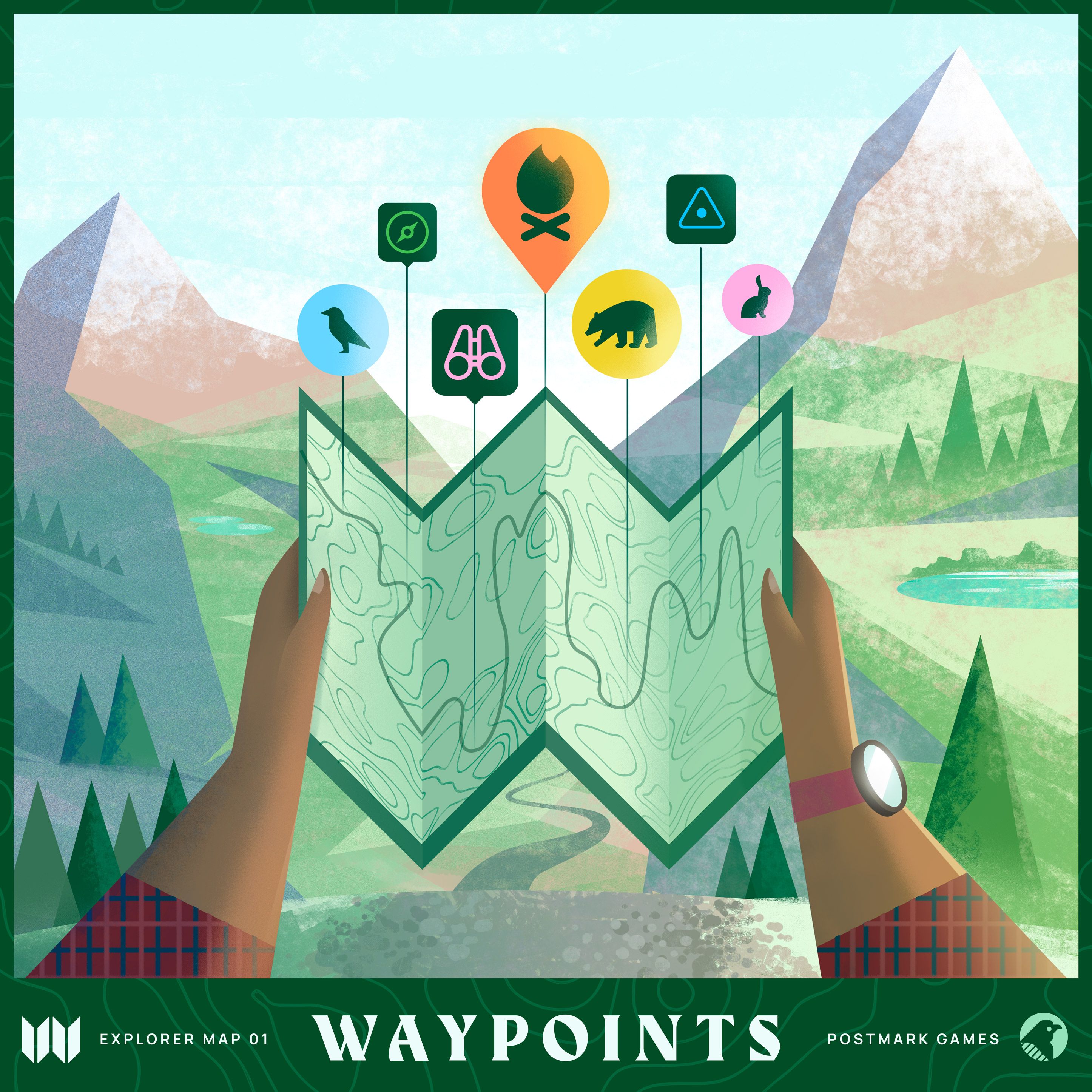Tinderblox [Game] BGG
other title:
Feu de camp
/
Tábortűz
…
genre:
Action / Dexterity
/
Adventure
…
platform:
Boardgame
publisher:
Alley Cat Games
/
The Game Builders
…
The fun mint-tin sized dexterity game that gamers and non-gamers will love!
Tinderblox sets players in a campfire setting, where each player will attempt to grow the fire. But watch out! Place the blocks badly and you risk burning down the camp!
Each turn, players draw a card from the campfire deck which instructs them to place a log, an ember, or any combination of them in various orientations on top of the campfire. Players use tweezers to "play with fire" and if you drop anything, you're considered a fire hazard and you're removed from the game. The player who is the most careful with fire wins!
Differences between Tinderblox Day, Night and Sunset:
Tinderblox Day is the original game.
Tinderblox Night is a limited edition version which includes more challenging cards.
Tinderblox Sunset includes the Marshmallow mini-expansion (otherwise sold separately) and is made from FSC-compliant materials.
Tinderblox sets players in a campfire setting, where each player will attempt to grow the fire. But watch out! Place the blocks badly and you risk burning down the camp!
Each turn, players draw a card from the campfire deck which instructs them to place a log, an ember, or any combination of them in various orientations on top of the campfire. Players use tweezers to "play with fire" and if you drop anything, you're considered a fire hazard and you're removed from the game. The player who is the most careful with fire wins!
Differences between Tinderblox Day, Night and Sunset:
Tinderblox Day is the original game.
Tinderblox Night is a limited edition version which includes more challenging cards.
Tinderblox Sunset includes the Marshmallow mini-expansion (otherwise sold separately) and is made from FSC-compliant materials.

